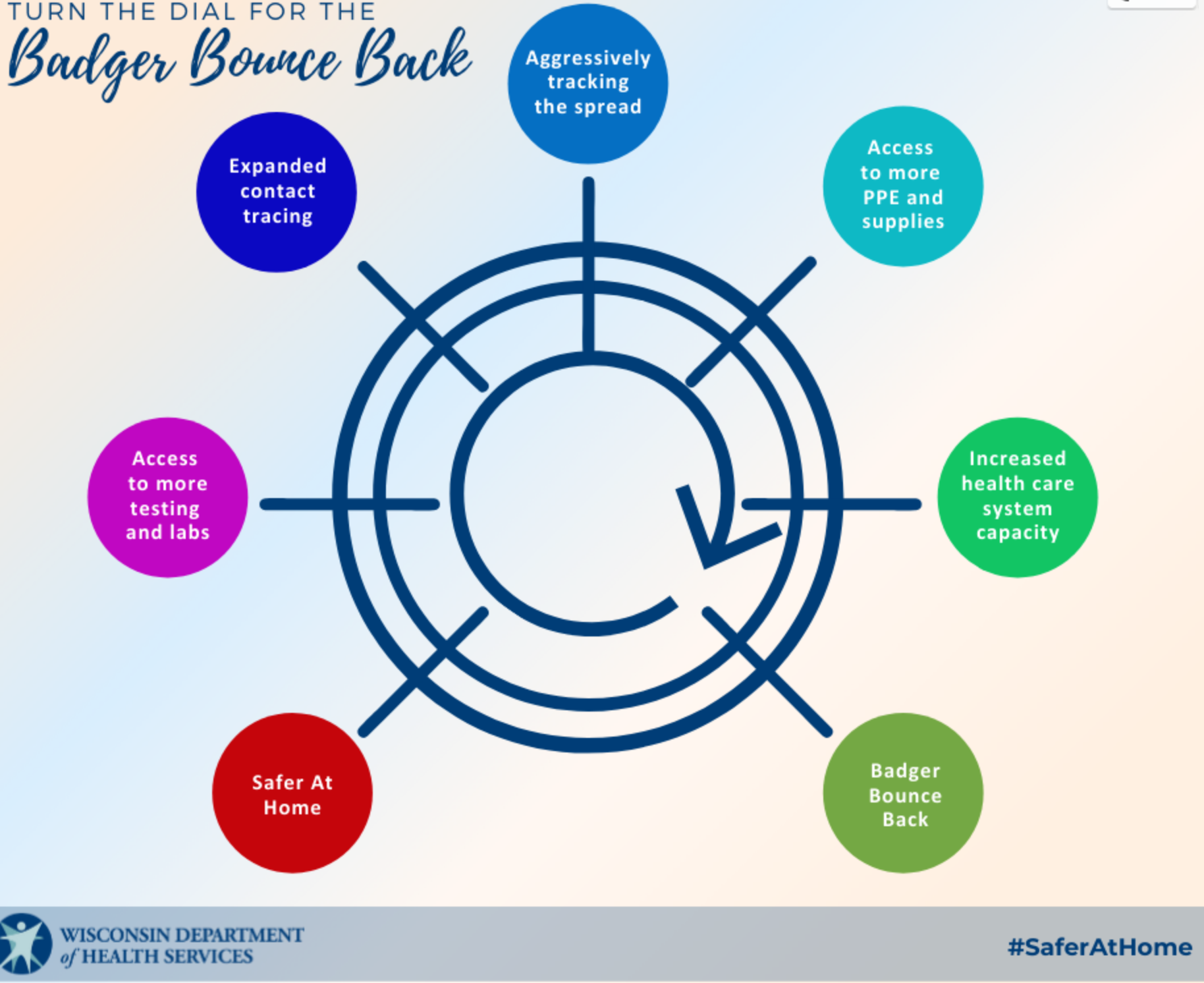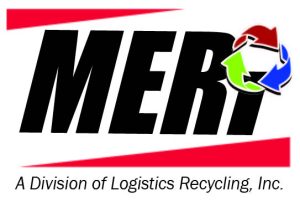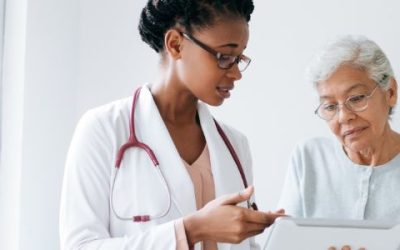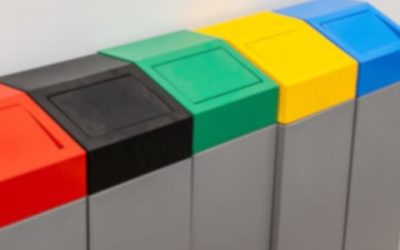
MERI disposes Covid-19 testing waste. It expects to see even more of it as the dial turns up on Wisconsin’s Badger Bounce Back plan,
MERI uses microwave technology to treat and dispose of Covid-19 waste. This is after the tests are analyzed and become biohazard waste. MERI offers both collection services and medical waste mail back kits for labs and remote testing locations to use when disposing of Covid-19 test materials and contaminated PPE.
MERI CEO James Fitzpatrick said, “MERI’s mailback kits are a good way to collect regulated medical waste that may be generated at remote testing sites and non-laboratory settings.”
Testing Will Increase Medical Waste Volume
Fifty labs throughout Wisconsin are anticipating a significant increase in testing. It will take place over the next few months as Safer at Home orders ease and more people head back to work. A goal set by Gov. Evers calls for up to 12,000 tests take place each day, or 85,000 each week, throughout the state. Waste generated from the tests is Regulated Medical Waste. It must be disposed of by a licensed treatment facility, such as MERI.
Wisconsin State Hygiene Lab Improves Testing Capacity
Labs throughout the state are working to improve their capacity. That is according to Dr. Alana Sterkel, Assistant Director of the Communicable Disease Division at the Wisconsin State Laboratory of Hygiene on Agriculture Drive in Madison, Wisconsin,
With the diversification of several new tests, Dr. Sterkel believes her lab and others in the state will step up to handle the rapidly changing situation. In addition, she said the CDC has been a valuable resource in coordinating laboratory biosafety guidelines for the handling and processing of specimens.
“We’ve been able to adapt and optimize with what we have,” said Dr. Sterkel, “Also, each day more supplies and services are becoming available to assist us in our efforts here at our lab.” She predicts that in hotspot areas, the National Guard may be deployed to help with mobile testing. Moreover, testing may take place at local pharmacies.
“Ultimately, by testing, we’ll be able to box in the virus. Those who test positive will isolate, and their close contacts will quarantine. In addition, others will follow social distancing practices. They will wear face masks in public settings. They’ll wash their hands often. And, they’ll avoid touching their faces, We’ll eventually get to a point where we’ll continue to see a downward trend in positive tests as a percentage of total tests.”
Sterkel added, “I’m appreciative to have so many partners, including MERI, to make this process work smoothly. They are quick to provide us with what we need when we’re experiencing a peak and need more biohazard containers. They’ve also checked in to make sure all of our staff are following safe medical waste handling procedures, including tying all biohazard bags properly closed once they are full.”
###



